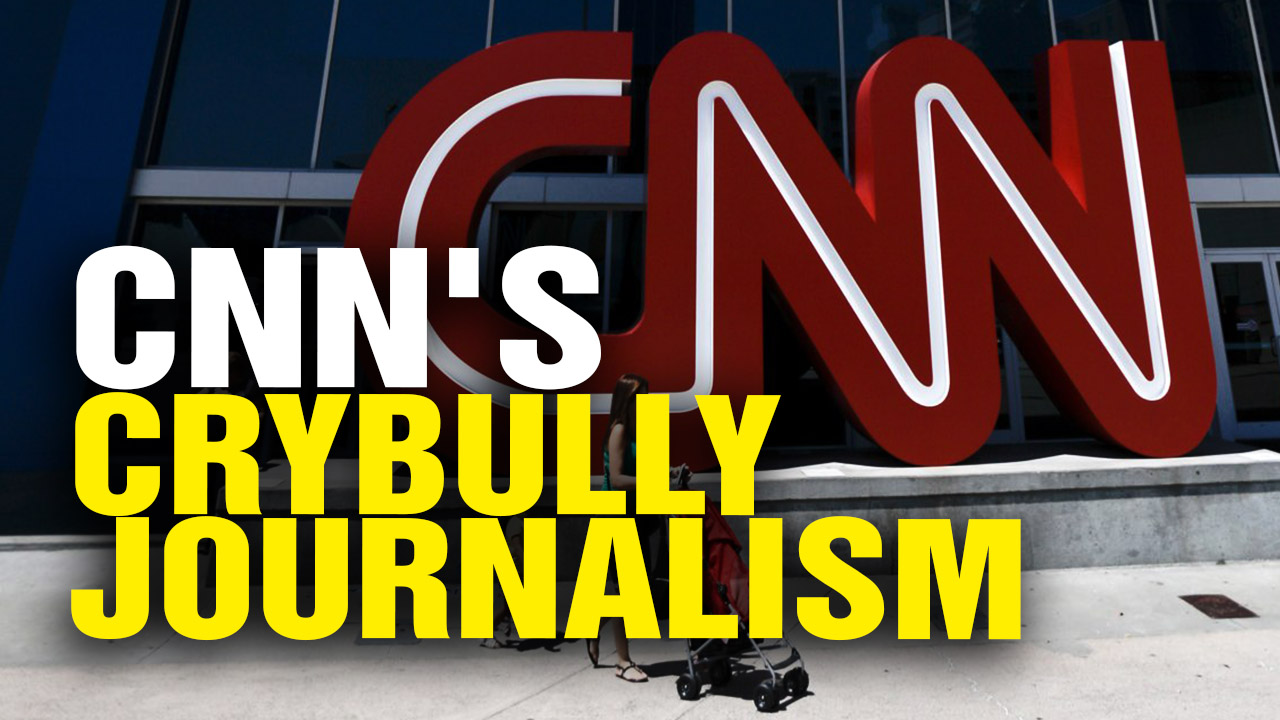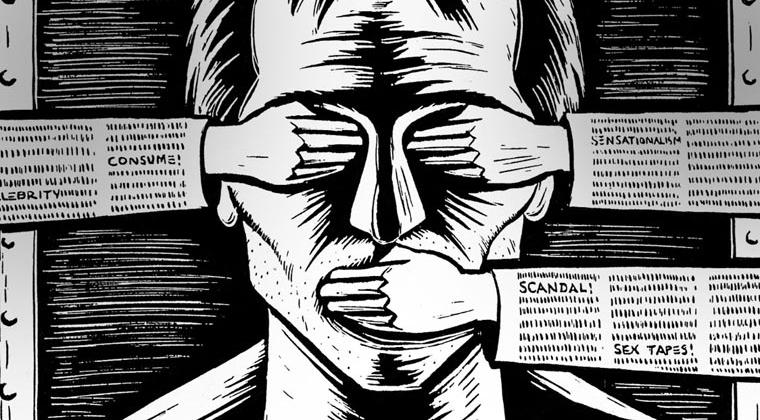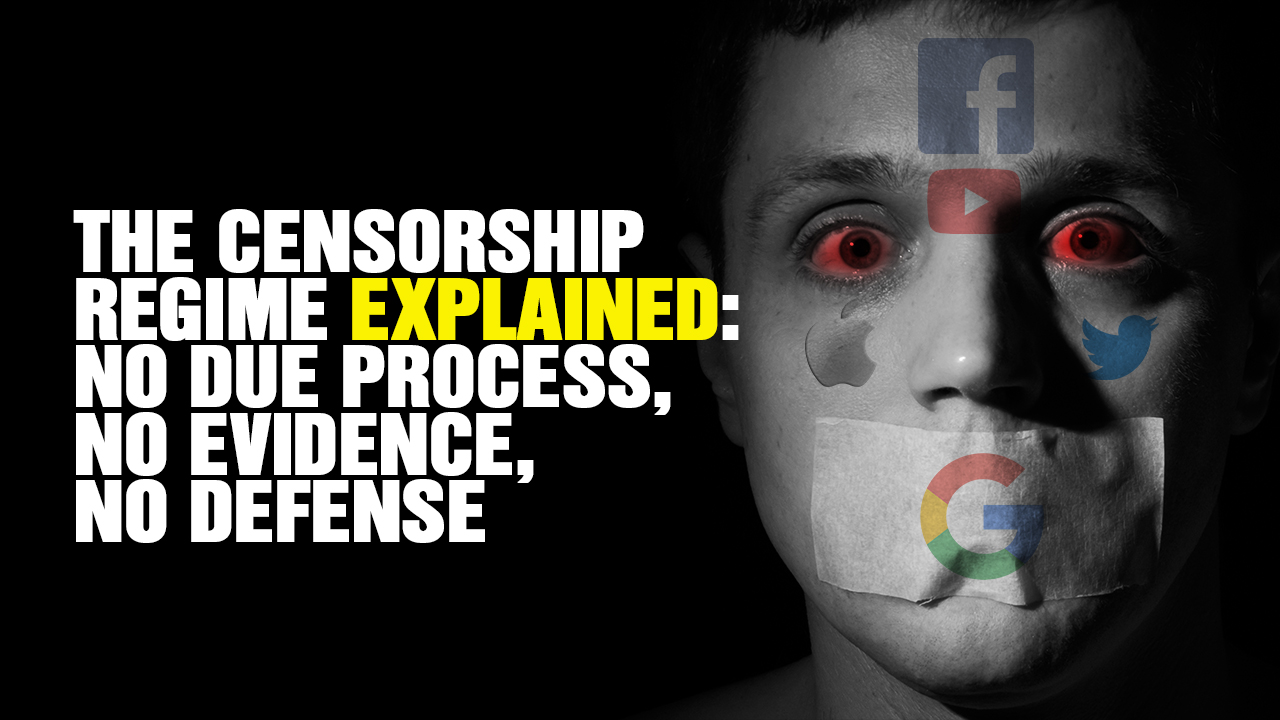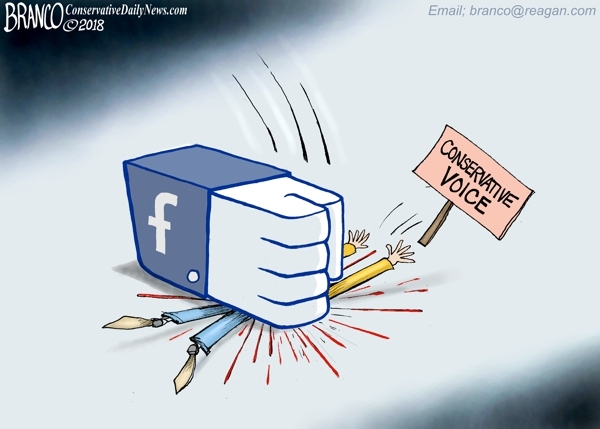Why it’s time to REPEAL Sec. 230 of the CDA that allows social media giants to selectively ban voices they don’t like
08/09/2018 / By Ethan Huff

Former Federal Communications Commission (FCC) wireless bureau chief Fred Campbell is on a mission to repeal what’s known as the “Safe Harbor” provision from Section 230 of the Communications Decency Act (CDA), which allows social media giants like Facebook and Twitter to censor content they don’t like at will.
Campbell’s crusade for free speech comes on the heels of recent news that major multinational corporations like Apple, Facebook, YouTube, and Spotify are actively censoring content from people on the right such as Alex Jones, which these digital monoliths are currently allowed to do under existing CDA provisions.
Allowing these major communications hubs to simply silence all content that they disagree with violates the First Amendment to the United States Constitution, according to Campbell. Such actions by these corporate giants also override a number of common law protections against libel and other falsehoods, which goes against the spirit of what the Founding Fathers intended as far as free speech is concerned.
“If they want the ability to edit the Internet and take down Alex Jones, then they should not have Section 230 immunity,” Campbell is quoted as saying.
“If they’re acting like a publisher, which is what they’re doing, they’re doing the same sort of editorial decision making that newspapers and other print publications have been doing since immemorial. If they want to do that, why are they not subject to the same rules that the print media is subject to?”
To learn more about the free speech infringements of the left, check out Censorship.news.
We the People: It’s time to SPEAK UP about this
The point Campbell is trying to make here is that online content providers like Facebook and YouTube that are arbitrarily removing conservative content from their platforms shouldn’t be allowed to do so because they’re technically in the same category as traditional publishers, which are not allowed to engage in this type of voice silencing.
“They’re subject to a legislative exception that is a couple decades old, overturning a century of law,” Campbell says about this regulatory loophole. “If they (Facebook, Apple, etc.) want to play editor, great, then comply with the laws that all of the others editors comply with and give up your special exemption.”
There are even antitrust implications at play, as the agglomerate of these major social media platforms represents the primary means through which most people with smartphones seem to communicate these days. They collectively maintain a digital monopoly on online content, which means they should be held accountable for what they’re doing.
Since private entities are technically protected by free speech rights as well, giving them the liberty to censor or block content at will, Campbell believes that the court of public opinion needs to decide once and for all how this type of situation should be handled.
“We the people should decide whether private enterprises can block content,” he says. “If we don’t, then under what circumstances, and then based on those decisions, apply that decision fairly across the board.”
Since there are few, if any, alternatives to many of these digital platforms doing the censoring, the time is now to decide whether or not social media sites should be held to the same editorial standards as traditional print outlets – and also whether or not We the People should maintain our freedom of speech.
“I believe that the government should not be regulating private entities’ ability to block content or censor … the First Amendment generally protects a person’s free speech,” Campbell says, adding the caveat that “there can be remedies proposed by government legislation to prevent or open up platforms to prevent blocking, consistent with the First Amendment, because there’s no alternative in the marketplace,” Campbell concludes.
Sources for this article include:
Tagged Under: Alex Jones, antitrust, Apple, CDA, Censorship, Collusion, Communications Decency Act, Constitution, Facebook, FCC, First Amendment, Fred Campbell, free speech, Glitch, Leftists, loop hole, monopoly, protection, Safe Harbor, Section 230, spotify, tech giants, Twitter, Tyranny, YouTube


















